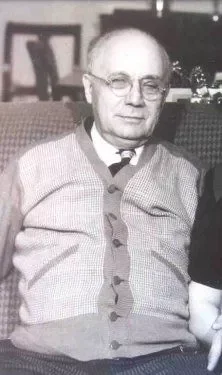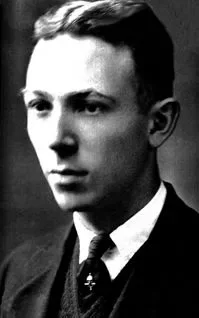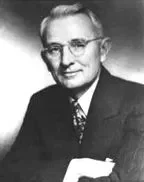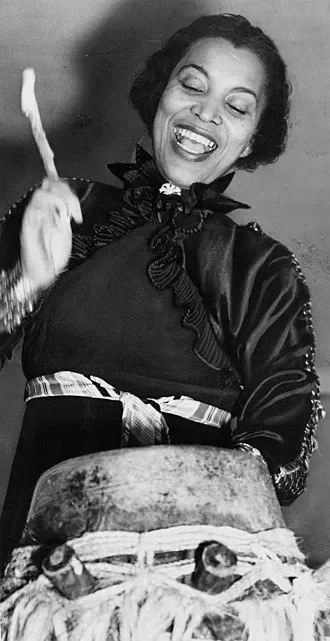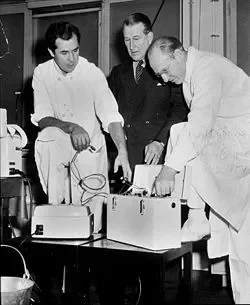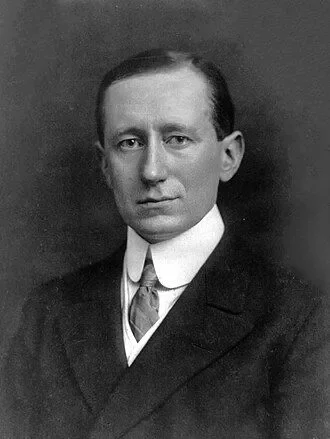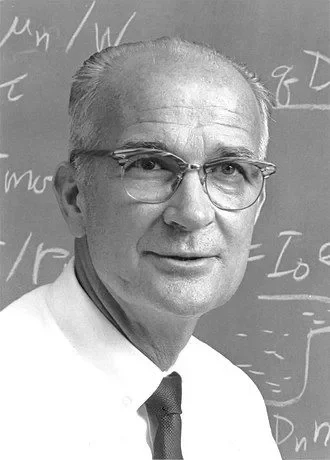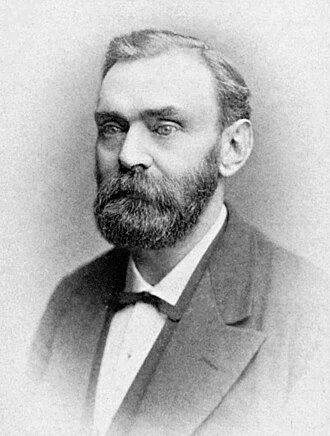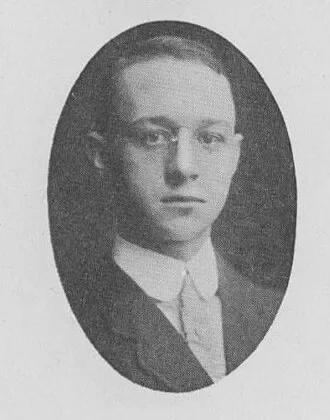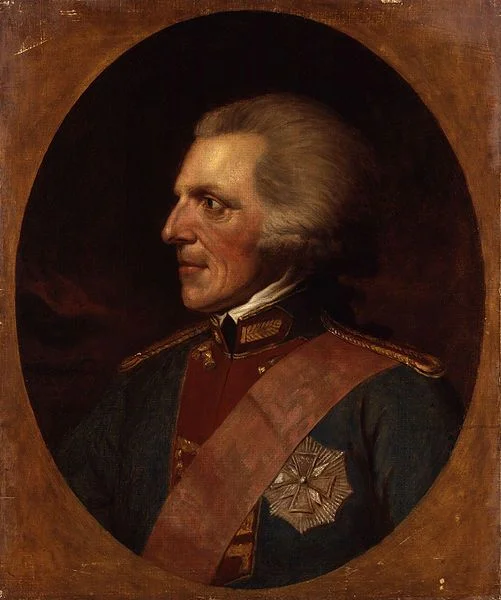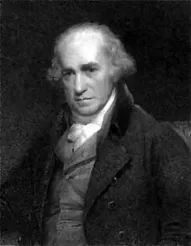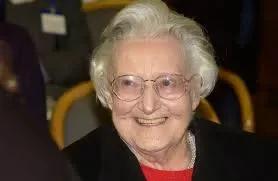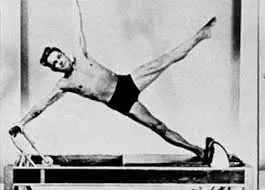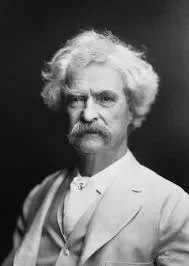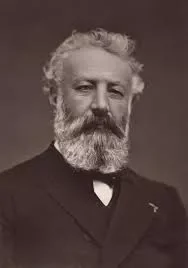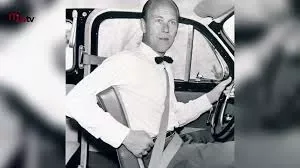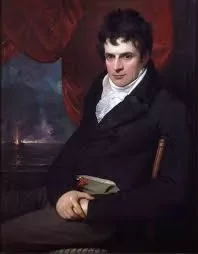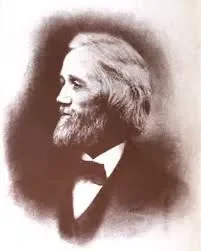Real Celebrities Never Die!
OR
Search For Past Celebrities Whose Birthday You Share
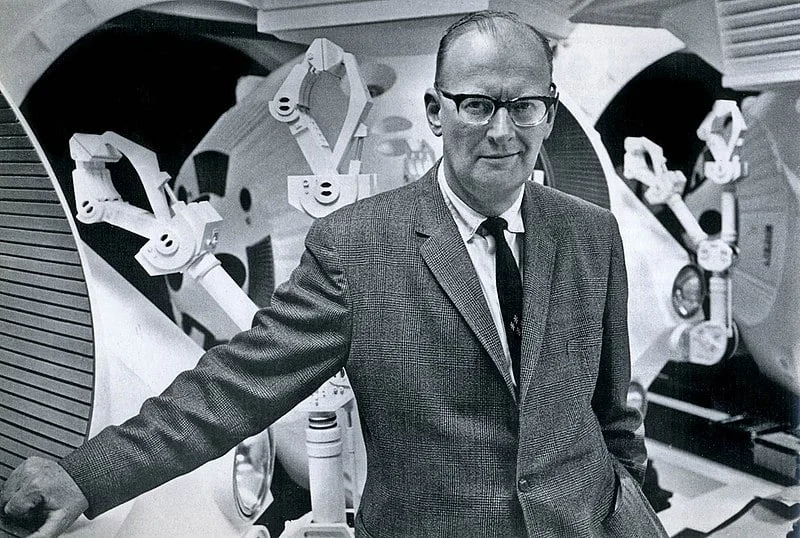
source:wikipedia.org
Arthur C.Clarke
Birthday:
16 Dec, 1917
Date of Death:
19 Mar, 2008
Cause of death:
Post-Polio Syndrome
Nationality:
British, Srilankan
Famous As:
Inventor
Age at the time of death:
90
Arthur C. Clarke's Quote's
Introduction to Arthur C. Clarke
Arthur Charles Clarke aka Arthur C. Clarke, a visionary science fiction writer and futurist, was born on December 16, 1917, in Minehead, Somerset, England. His early years sparked a curiosity for the universe, shaping a lifetime of exploration.
In his youth, Clarke became deeply interested in both science and storytelling. This blend of scientific curiosity and creative imagination became the hallmark of his future works. In 1936, he joined the British Interplanetary Society, a move that reflected his burgeoning fascination with space and interplanetary travel.
World War II and Professional Path
During World War II, Clarke’s professional path shifted when he became a radar specialist in the Royal Air Force. This experience refined his technical skills and inspired his novel “Glide Path.”
Academic Pursuits and Early Works
Post-war, Clarke pursued his academic interests, earning a degree in mathematics and physics from King’s College London in 1948. His unique blend of science and storytelling set him apart in science fiction. “The Sentinel” is an early work by Clarke, laying the groundwork for his collaboration on “2001: A Space Odyssey” with Kubrick.
Prolific Writing and the “Rama” Series
As a prolific author, Arthur C. Clarke penned numerous novels, short stories, and essays, with themes ranging from space exploration to the potential of extraterrestrial life. The “Rama” series, beginning with “Rendezvous with Rama” in 1972, is praised for its imaginative portrayal of an enormous alien spacecraft exploring our solar system.
Contributions as a Science Popularizer
Beyond his literary contributions, Arthur C. Clarke was a respected science popularizer and futurist. He accurately predicted the advent of communication satellites in geostationary orbit, foreseeing their pivotal role in global telecommunications. This vision earned him the moniker “Prophet of the Space Age.”
Clarke’s impact extended beyond the realm of literature and prediction. He played a key role in fostering interest and enthusiasm for space exploration, captivating audiences with his engaging writing and insightful commentary. His influence on the genre earned him multiple Hugo, Nebula, and Bram Stoker Awards, solidifying his status as a science fiction luminary.
Life in Sri Lanka and Personal Interests
Despite his many professional accomplishments, Clarke was known for his unassuming and approachable demeanor. His passion for scuba diving, another of his interests, led to his settlement in Sri Lanka in the 1950s, where he spent a significant portion of his life. This tropical setting provided him with the tranquility and inspiration to continue his prolific writing.
Ethical Considerations and Visionary Thinking
As a visionary thinker, Arthur C. Clarke was not only intrigued by the possibilities of space but also concerned with the ethical implications of scientific advancements. His exploration of themes related to artificial intelligence and the potential consequences of unchecked technological progress added depth and relevance to his works.
Passing and Legacy
Arthur C. Clarke passed away on March 19, 2008, in Colombo, Sri Lanka, leaving behind a rich legacy of literature, foresight, and inspiration. His contributions to science fiction and his influence on the public’s perception of space exploration endure, shaping the way we envision the future of humanity and our place in the cosmos.
Clarke’s Lasting Impact on Science and Storytelling
Arthur C. Clarke’s life and work embody the seamless integration of scientific inquiry and creative storytelling. His ability to foresee technological developments and explore the profound mysteries of the universe has left an indelible mark on both the literary and scientific communities. Clarke’s legacy continues to inspire generations to reach for the stars and contemplate the boundless possibilities that lie beyond.
Name:
Arthur C. Clarke
Popular Name:
Arthur C.Clarke
Gender:
Male
Cause of Death:
Post-Polio Syndrome
Spouse:
Place of Birth:
Minehead, Somerset, England
Place of Death:
Colombo, Sri Lanka
Occupation / Profession:
Personality Type
Campaigner Enthusiastic, creative and sociable free spirits, who can always find a reason to smile. His writings showcased great creativity.
Clarke chose to live in Sri Lanka, where he found tranquility and inspiration for his writing.
Clarke collaborated with filmmaker Stanley Kubrick on the screenplay for the iconic film “2001: A Space Odyssey.”
Clarke was an avid scuba diver and spent a considerable amount of time exploring the underwater world. His interest in marine life and underwater exploration influenced some of his writing, including the novel “The Deep Range.”
CBE
Hugo Award
Nebula Award
Nominated for Nobel Prize
Order of Sri Lanka

